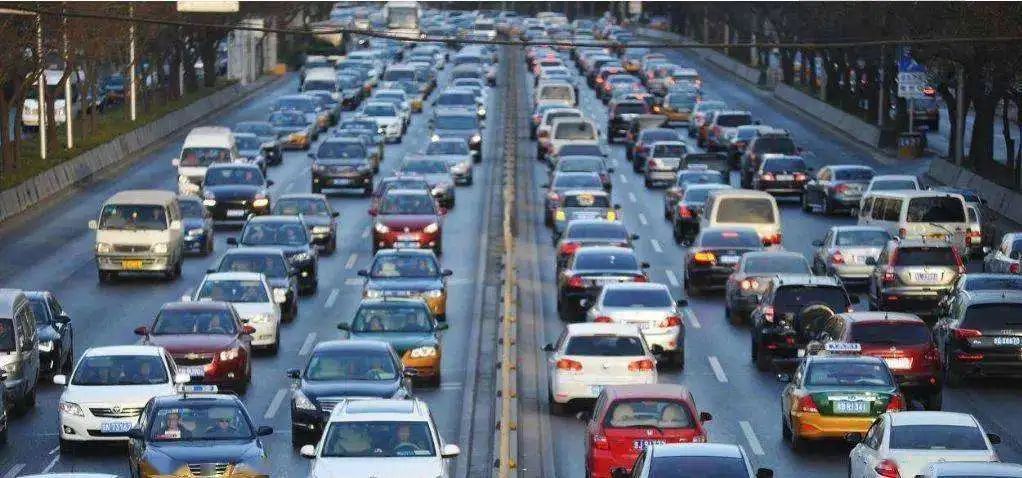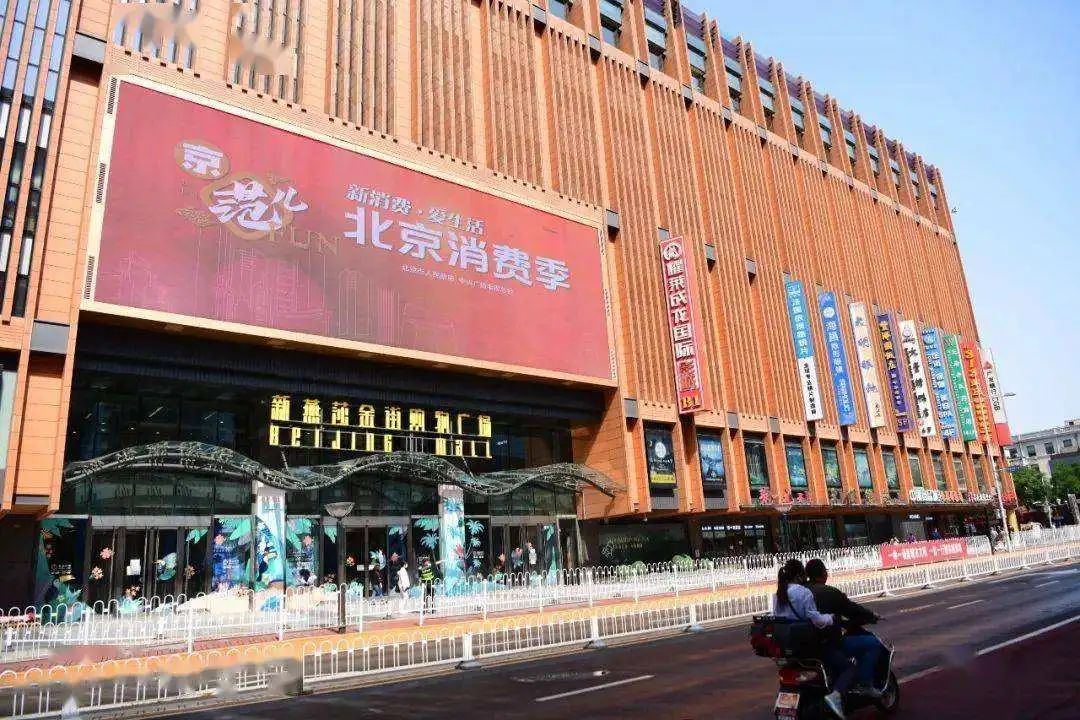About Us
Sound ideas can go a long way when it comes to choosing and getting the right job. Whether it's exploring a job creating a great CV or preparing for an interview, we can help.
The cost of living in Beijing is on par with many of Europe's richest capitals – in fact, Mercer's Cost of Living Survey for 2021 ranked Beijing as 9th out of 209 cities, making it more expensive than Bern and Copenhagen.
As the cultural and political centre of China, Beijing is not far behind Shanghai when it comes to a high cost of living. In short, even though living in China is generally more affordable than in other great economic powers, Beijing is not cheap. This is especially true for expats who demand a certain standard of comfort and luxury.
If foreign residents can resist getting too caught up in consumer culture and can avoid paying the grossly inflated prices associated with Western-style goods and services, it's easy to live well and to save money in Beijing.
Many expats are attracted to work in Beijing by lucrative salary packages and, therefore, expenses are not usually a concern.
Cost of accommodation in Beijing
Accommodation in Beijing will be an expat’s largest expense. Property prices have seen a general increase over the years, and foreigners will find that buying and even renting accommodation in Beijing can cost a huge amount of money.
As a general rule, the closer a home is to the city centre, the more expensive it will be. Beijing is organised according to ring roads, where the first ring road is closest to the city centre. So if someone finds the housing in an area is proving too pricey, they should move their search towards the periphery.
Both furnished and unfurnished accommodation is available, the former being more expensive. Unfortunately, most apartments in Beijing are not super spacious, regardless of how much furniture they have.
Expats should also anticipate paying for utilities in Beijing. Electricity and water are not exorbitant, although monthly costs obviously vary according to consumption.
Cost of schooling in Beijing
Expat parents who plan on bringing children to China should anticipate paying hefty school fees. Many foreigners prefer to enrol their children in one of the international schools in Beijing, and tuition at these institutions is famously expensive.
Expats would do well to try and negotiate some sort of education allowance into their contract. Alternatively, one of the private bilingual Chinese schools could be a more affordable option.
Cost of food in Beijing
Despite the high cost of housing and education, food is relatively cheap in Beijing – including good quality food. Of course, there are a lot of five-star places that can quickly deplete a person’s funds, but a meal in a decent restaurant for four people can be quite reasonable.
For new arrivals that are brave enough, the best and cheapest food often comes from backstreet restaurants; and often eating out can be less expensive than cooking at home. That said, for expats who enjoy making meals in their own kitchen, buying groceries in the fresh market and whipping up something special can cost next to nothing.
The cost of food will be significantly higher for expats who rely on Western food and rarely eat local Chinese meals. Many items that are considered staples in a Western diet are uncommon in Chinese eating, such as cheese and bread. These types of items will only be available at international supermarkets that target expats.
Cost of living in Beijing chart
Prices may vary across China, depending on product and service provider. The list below shows average prices for Beijing in June 2022.
| Accommodation (monthly rent) | |
| One-bedroom apartment in city centre | RMB 10,300 |
| One-bedroom apartment outside of city centre | RMB 4,900 |
| Three-bedroom apartment in city centre | RMB 19,500 |
| Three-bedroom apartment outside of city centre | RMB 9,400 |
| Groceries | |
| Milk (1 litre) | RMB 14.70 |
| Dozen eggs | RMB 14 |
| Loaf of white bread | RMB 15 |
| Rice (1kg) | RMB 9 |
| Packet of cigarettes | RMB 30 |
| Public transport | |
| City centre bus/train fare | RMB 5 |
| Taxi rate per km | RMB 3 |
| Eating out | |
| Big Mac Meal | RMB 40 |
| Coca-Cola (330ml) | RMB 4.30 |
| Cappuccino | RMB 30 |
| Bottle of beer | RMB 10 |
| Three-course meal for two at a mid-range restaurant | RMB 230 |
| Utilities | |
| Uncapped ADSL internet per month | RMB 160 |
| Utilities (average per month for a standard household) | RMB 390 |





